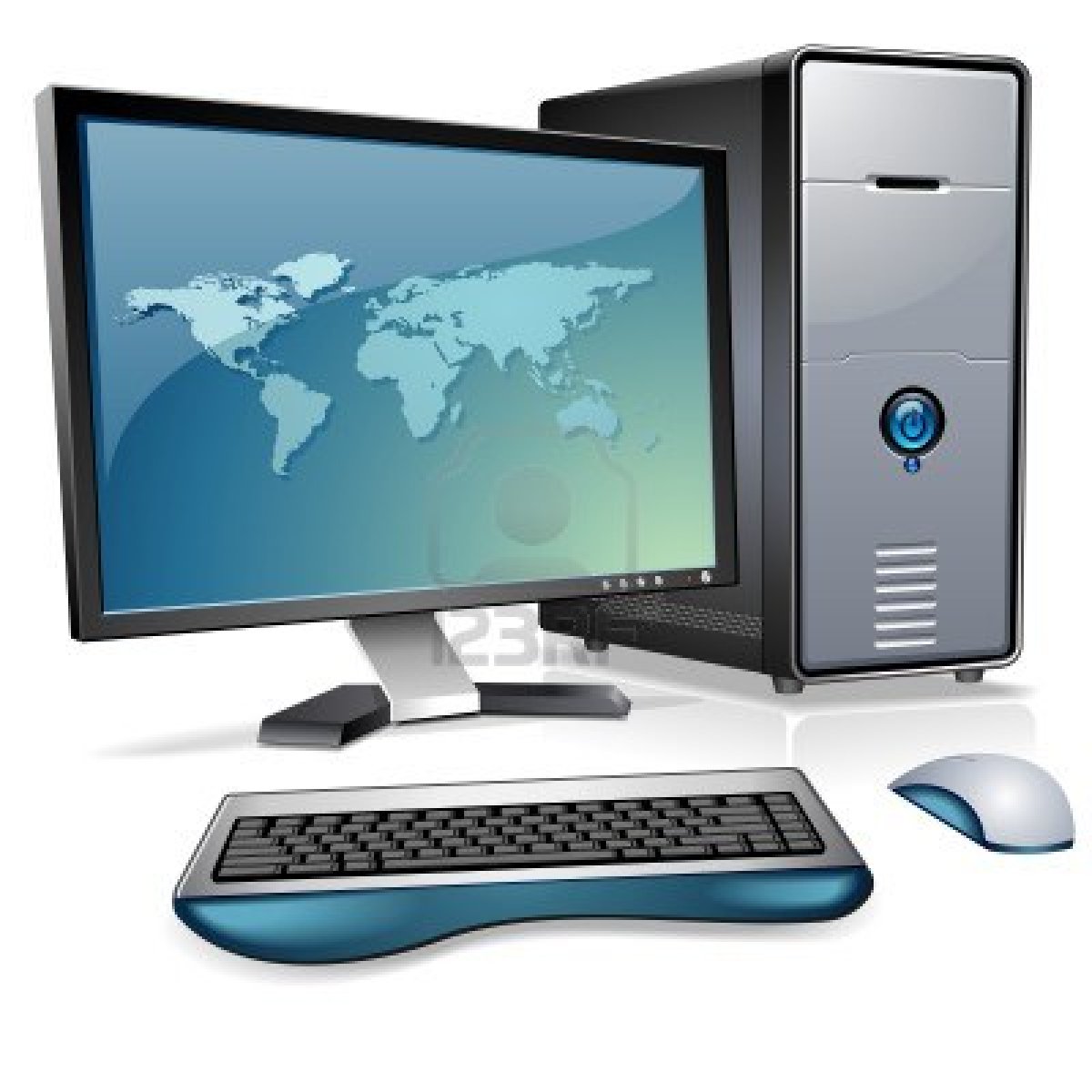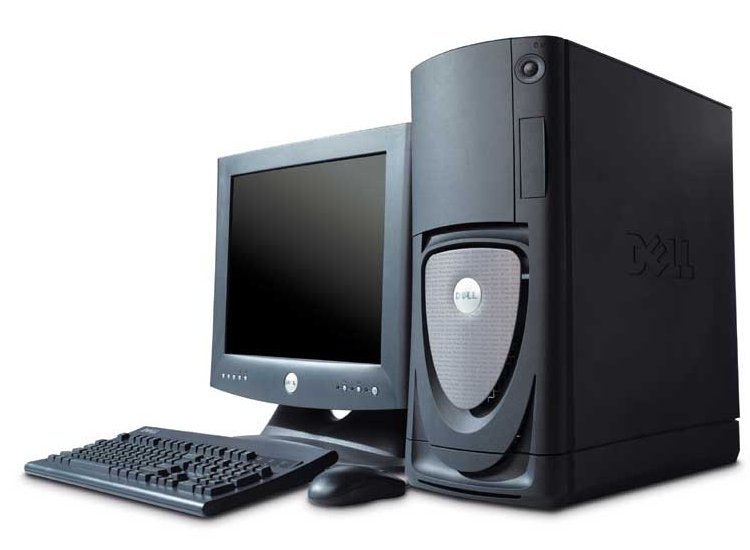Computer Biography
This is a searchable directory about the history of computers, computing and a timeline of the history of computers and early calculating machines has been included. Our timeline includes developments in the 1600's and their impact on computing. The development of the modern day computer was the result of advances in technologies and man's need to quantify. (The abacus was one of the first counting machines. Calculating machines were sold commercially before the advent of steel manufacturing technologies. Papyrus was something to write on, before we had paper. Writing was a way to record mathematical calculations.) This history of computers site includes the names of early pioneers of math and computing and links to related sites for further study. A new "Timeline of the History of Computers and Related Technologies" has been added. This site was designed to be used by students assigned topics about the history of computers and computing. Original articles are footnoted and related links are included. One important purpose of this Web page, is to debunk myths some people create, such as "we have computers because of the military" (Not true). We have computers because man wanted to quantify as early as the ancient Chinese Dynasties, when they created the abacus and used it for calculating, and adding and subtracting in particular... Babbage and Lovelace were "programming" machines as early as the 1800's before any military computer in this country. 1801 was the creation of the Jacquard loom which used "punch cards". Cathode Ray Tubes (CRTs) have been around since 1885 and the US gov't first used a computer in the 1950's. Great Britain's COLOSSUS was developed before the ENGIGMA, so people trying to perpetuate the importance of the US military in the development of computer technologies is doing a disservice to students. Electronics and related computer development, and the invention of the transistor were all independent of military intent. If anything, even the totalisator machines were created for statistical purposes and have been used for horse racing, not rocket science. I love my Mac, and it has no military background that I am aware of. Military computers did not have integrated circuits like PC computer chips either... Stop saying computer development was military in origin... simply can't back it up with fact. Yes, the military also had old computers, just like my Commodore was old... but they weren't related... no tubes in my commodore, that was different technology altogether than a military monster computer with vacuum tubes... mechanical relays... ta dah... that was hot stuff in that age.
Charles Babbage was born in London Dec. 26, 1791, St. Stephan day, in London. He was son of Benjamin Babbage, a banking partner of the Praeds who owned the Bitton Estate in Teignmouth and Betsy Plumleigh Babbage. It was about 1808 when the Babbage family decided to move into the old Rowdens house, located in East Teignmouth, and Benjamin Babbage became a warden of the nearby church of St. Michael.
The father of Charles was a rich man, so it was possible for Charles to receive instruction from several elite schools and teachers during the course of his elementary education. He was about eight when he had to move to a country school to recover from a dangerous fever. His parents sentenced that his "brain was not to be taxed too much"; Babbage wrote: "this great idleness may have led to some of my childish reasonings."
Then, he joined King Edward VI Grammar School in Totnes, South Devon, a thriving comprehensive school that's still operative today, but his fragile health status forced him back to private teaching for a period. Then, he finally joined a 30-student closed number academy managed by Reverend Stephen Freeman. The academy had a big library, where Babbage used to study mathematics by himself, and learned to love it. He had two more personal tutors after leaving the academy. One was a clergyman of Cambridge, and about him Babbage said: "I fear I did not derive from it all the advantages that I might have done.". The other one was an Oxford tutor who teached Babbage the Classics, so that he could be accepted to Cambridge.
Computer

Computer

Computer

Computer

Computer

Computer

Computer

Computer

Computer

Computer

Computer

Computer

Computer

Computer

Computer
No comments:
Post a Comment